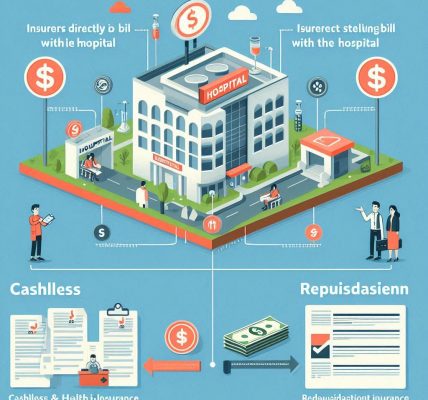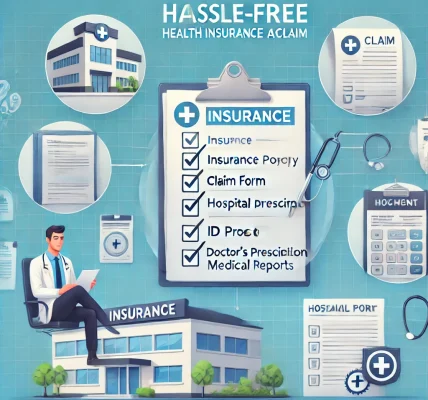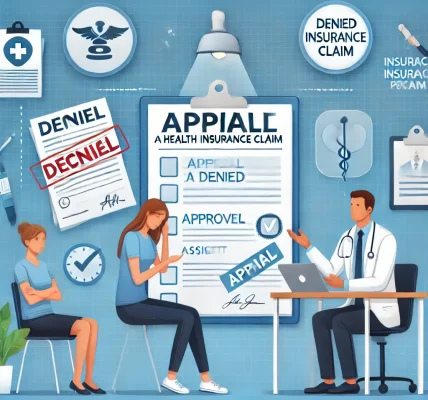Introduction
Health insurance typically covers hospitalization expenses, but many people wonder if it also covers outpatient department (OPD) consultations, medicines, and diagnostic tests. In this guide, we explore the possibilities, limitations, and claim process for such expenses.
Understanding OPD, Medicine, and Diagnostic Test Coverage
- OPD Coverage: Covers expenses for doctor consultations without hospitalization.
- Medicines: Some policies reimburse prescribed medicines, while others do not.
- Diagnostic Tests: Certain policies cover diagnostic tests like blood tests, X-rays, and MRIs.
How to Check If Your Policy Covers OPD and Diagnostics
- Read your policy document carefully.
- Look for add-ons like OPD cover and diagnostic test reimbursement.
- Contact your insurance provider for clarification.
Steps to Claim OPD, Medicines, and Diagnostic Test Expenses
For OPD Claims:
- Consult a doctor and collect the prescription.
- Pay the consultation fees and collect receipts.
- Submit the claim form with receipts to your insurer.
- Wait for approval and reimbursement.
For Medicine and Diagnostic Test Claims:
- Ensure the prescribed medicines or tests are covered under your policy.
- Collect original bills and payment receipts.
- Submit all required documents along with a claim form.
- Track the claim status and receive reimbursement.
Common Limitations and Exclusions
- OPD benefits may have a cap on reimbursement.
- Only specific medicines and tests may be covered.
- Some insurers require a co-payment for OPD services.
Tips to Ensure a Smooth Claim Process
- Keep all medical bills and receipts organized.
- Ensure that your claims are submitted within the insurer’s deadline.
- Understand your policy’s terms to avoid claim rejection.
Conclusion
Claiming insurance for OPD, medicines, and diagnostic tests is possible under certain policies. It’s essential to check your policy details, maintain proper documentation, and follow the claim process for a smooth experience. If in doubt, consult your insurer for guidance.




